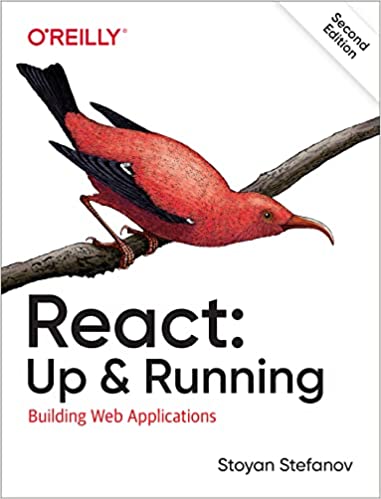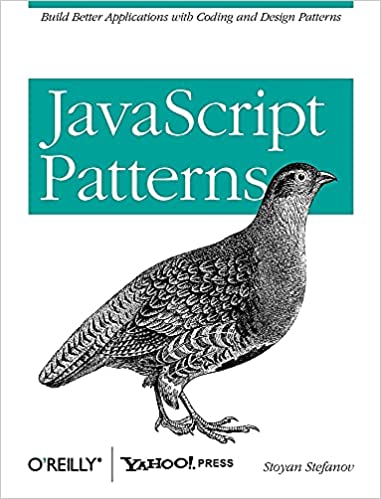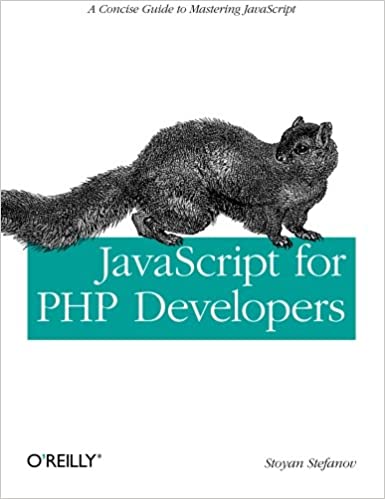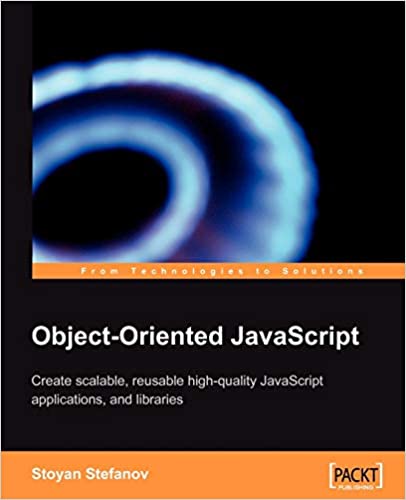Earlier this year I wondered how many KB is “normal” for a web font file size (spoiler 20-ish KB). I finished the post questioning how much subsetting really helps, meaning how much do you save from painstakingly choosing which characters should stay in the subset as opposed to just broad strokes (ASCII vs Latin vs […]
Archive for the 'performance' Category
Font-face toggler bookmarklet v2
Oct 17th, 2024This is a different version of a font on/off toggler bookmarklet. I did one such bookmarklet earlier this year, which works by messing up font-family inside @font-face. This new version works my messing up url() inside @font-face blocks. By “messing up” I mean changing the string “woff” to “woof” which means making the font files […]
Minimal SVG Favicon
Jun 15th, 2024Why minimal? I like “minimum-viable”s of all sorts. As a performance enthusiast I’m fascinated by anything minimal. So here goes a minimum viable SVG favicon. Why favicon? Welp, browsers will look for one and if you don’t have it, enjoy the 404s! Why SVG? It could be tiny, almost as tiny as a CDN URL, […]
How many bytes is “normal” for a web font: a study using Google fonts
Jan 23rd, 2024TL;DR: If your font file is significantly larger than 20K you may ask yourself “How did I get here?”. For images I think we (web developers) have a sense of how many bytes we can expect an image we see on a page to be. A JPEG photo? 100-ish K is ok for a decent […]
Font-face toggler bookmarklet
Jan 8th, 2024Update: a different version that supports the use of local() is now available Ever wanted to look at your page and turn Web Fonts on and off? Experience the layout shift repeatedly, like some sort of UX torture? Look no further, here comes the handy bookmarklet. Install Drag this link to a bookmark toolbar near […]
Image requests in hidden content
Jan 1st, 2024You know the pattern: spit out some markup, probably server-side, but hide it for later. On-demand features (not to overwhelm the UI), dialogs waiting to pop, and so on. <div class=”modal hidden”>content here…<div> And what happens when the “content here…” includes resources, such as images? Is the browser going to download them? Let’s check. What […]
Minimum viable no-image image src
Dec 26th, 2023Remember spacer.gif? Yeah, “good” old days… We may now have all the CSS features to make everything better but sometimes the ghost of spacer gif rears its transparent head. And that’s an HTTP request. A request that’s better devoted to something useful. Like an LCP image or something, I dunno. So anyway, sometimes a simple […]
Perfplanet calendar ’23 call for articles
Nov 2nd, 2023Hello, dear reader and web performance enthusiast! It’s time to sit down and write an article for the performance calendar. Here are some more details. Or if you’re not feeling like writing, look around you and recruit the person you think should share their knowledge with the world. What can you write about? Just share […]
A quick study of PDF optimization
Aug 17th, 2023Couple days ago I found out about a tool called pdfcpu, a PDF processor. Among its features I saw “optimize” so I had to take it ot for a spin and see how much of an optimization we’re talking about. Here’s a quick study of optimizing a random-ish sample of PDF files. Source data I […]
Fixing INP with a VIEWPORT tag
Jul 12th, 2023So I woke up yesterday being scolded by Google. An email from Google Search Console Team with subject “Core Web Vitals INP issues detected on your site”. Huh?! It was about this WordPress-powered site that you’re reading now (phpied.com). The Interaction to Next Paint metric (INP for short) was in the “Needs improvement” category as […]
A circle of web performance innovation
May 21st, 2023Inspired by Harry Roberts’ research and work on ct.css and Vitaly Friedman’s Nordic.js 2022 presentation, Rick Viscomi hacked up a tool (a JS snippet) called capo.js that can do what Harry says. Next logical step is to test the results of the tool in a no-code experimental setting and see if the results make sense […]
Lighthouse diff + WebPageTest
May 9th, 2023Lighthouse (LH), the performance auditing tool from Google now has a diff tool so you can compare what happens before/after a change or me vs competitor types. And WebPageTest.org (WPT), the industry-darling web perf analyzer, also runs Lighthouse and in addition to presenting the results (in two different ways, actually) you can export the results […]
Jehl’s Law of Web Performance
Apr 21st, 2023Adam Fendrych reported that Scott Jehl said in his Web Expo talk that a website should load before you can say “Cumulative Layout Shift”. What does that mean in practice? We’re web performance specialists here, we work with measurements and numbers, so we need a more exact number. Numbers reduce ambiguity. To find out that […]
Quick BPP (image entropy) check
Apr 13th, 2023Chrome is making a change on how Largest Contentful Paint (LCP) core web vital (CWV) is being calculated in order to avoid abuse. The abuse is that people cheat by putting a fake “hero” image (imagine a stretched out 1×1 transparent gif) and have this counted as a sooner LCP event. Chrome is fighting this […]
Faster WordPress rendering with 3 lines of configuration
Jul 2nd, 2022“When I was younger, so much younger than today” and upset and full of vinegar about the state of the world, I’d say things like “CSS is the worst” (not really). Now, half a year later, older and wiser and more accepting, I’d agree to mellow down to “CSS is render-blocking”. Un-render-blocking CSS What this […]
Perfplanet calendar ’21 call for articles
Nov 26th, 2021Helloooo, dear reader and web performance enthusiast! It’s time to sit down and write an article for the performance calendar. Here are some more details. Or if you’re not feeling like writing, look around you and recruit the person you think should share their knowledge with the world. What do you want to write about? […]
Perfplanet calendar’s oldies but goodies
Nov 3rd, 2021Thomas Steiner has a brilliant idea for this year’s Perfplanet calendar edition: what if we revisit some of the best articles from the past. “Best” is subjective but how about “still popular”? So here’s a list of the 31 most visited articles in the past year in reverse chronological order of publication. (31 as the […]
This page loaded in X seconds
Mar 27th, 2018I was just admiring Tim Kadlec eye-pleasing site. Nice, simple, see what I’m talkin’ ’bout. The feature I liked most was the footer that said “This page loaded in 0.186 seconds”. First of all – fast! Second – I thought all sites should have that. And what better way than an on-demand bookmarklet you carry […]
Performance calendar ’17 call to all
Nov 11th, 2017Helloooo! It’s time to sit down and write an article for the performance calendar. You have until Nov 30 to send me your piece. Details. What do you want to write about? Some ideas: Hello, 2007 called! Do I still shard domains to load resources from? Do I still package all JS in one big […]
Font Fiddling
Sep 27th, 2017I’ve been trying to stay away from webfonts as much as I can. IMO they are not worth the performance complications. Font loaders, FOUT, yadda-yadda. But… it happens. Story time While showing off another one of my music theory exercises to my prof, he mentioned it would be nice to be able to tell v […]
Quick stats on html/js/css sizes
Jun 27th, 2017I’m sure better tools exist, but hey, quick and dirty is faster: running a quick console thing to tell me what makes the HTML payload bigger
Performance Calendar call for participation
Nov 1st, 2016TL;DR: Please start writing and finish before Dec 1st. Amazingly http://calendar.perfplanet.com has been up for 7 years straight now, helping spread the word about web performance and helping the developers do their best to provide fast and pleasurable experiences. Every year people from all walks of development life come to the calendar where an article […]
Beacon performance
Feb 9th, 2014Beacons are small requests that our apps make to report some information “home”, to the server. Beacons are often used to report visitor stats, JS errors, performance metrics. Beacons often don’t return any data back to the client, but some do. Example use <div id="app">Awesome app is awesome</div> <script> // gather data somehow var data […]
NYC.bind(me)
Sep 22nd, 2013On my way to NYC for Edge conference and NYC Web perf meetup. Some slides and RSVP links inside.
Remarkable React
Aug 26th, 2013I gave a talk about React at BrazilJS few days ago. The “slides” are here. In this post I’ll go over what I said (more or less) at the beginning of the presentation. I hope to follow up with some more code. Disclaimer: I work at Facebook. But these are my thoughts. In fact, I […]




